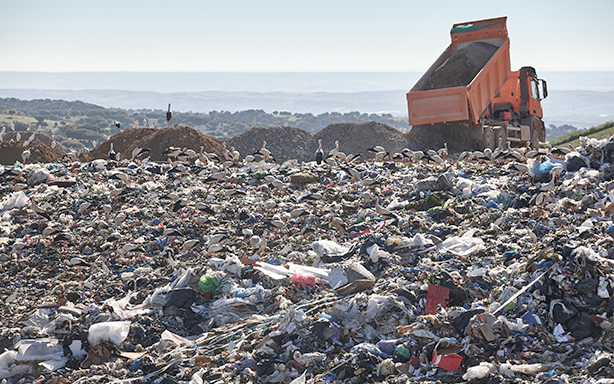Landfill
Do You Qualify for a Landfill Mass Tort Suit?

Landfill Mass Tort Lawsuits
A landfill mass tort lawsuit enables a group of individuals or communities impacted by environmental contamination or hazardous waste disposal practices to collectively pursue legal action against responsible parties through individual claims. This approach consolidates diverse grievances into a unified legal proceeding, streamlining the litigation process and pooling resources to effectively address widespread environmental harm. Under such lawsuits, plaintiffs must demonstrate significant harm caused by negligent waste management practices, supported by extensive scientific evidence and expert testimony.
Coordinating these claims ensures a cohesive legal strategy and equitable representation of all affected parties, despite the complexities of proving causation and the substantial resources typically wielded by defendants. Successful outcomes in landfill mass tort lawsuits can lead to improved environmental regulations, remediation efforts, and compensation for affected communities, aiming to restore environmental integrity and safeguard public health.
Active Landfill Mass Tort Lawsuit Cases
3 Easy Steps to Joining an
Landfill Mass Tort Case
Step 1

Step 2

Step 3

Landfill Mass Tort Lawsuit FAQs

Questions?
Call or Complete the Form Below for a Free Legal Consultation
Find Out if You Qualify
for a Mass Tort Case

To Defend Your Rights
At Mass Advocate Law Group, we specialize in mass tort lawsuits: leading mass tort lawsuits to level the legal playing field for individuals against large corporations.
Don’t stand alone – your voice matters, and together, we can make a difference. Let us fight for your rights and help you achieve the resolution you deserve. Call us today for a free consultation.

